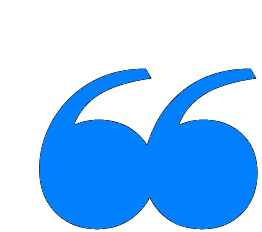Page 2

I Sit & Look Out
-by Walt Whitman
« Previous Page
 Download as PDF
Download as PDF
(Continued from Page 1)
The angst and the anxiety of the poet, the fear and the tension that rumbles up his mind while he sits comfortably in his place is an awakening call for the readers to rise up and take a step in altering the situation.

I see the workings of battle, pestilence, tyranny - I see martyrs and prisoners; .
We are ushered into a world rife with violence as the poet goes on to see how wars claim a number of innocent lives and make young men-prisoners of war. He describes the dangerous aftermaths of war, the deaths of millions and autocracy that causes dents within the state. He has to bear the pain as he beholds the sight of prisoners, tortured and tormented -the most terrible byproduct of wars and battles fought. We are shown how moral depravity has set in and the cruelty that prevails in the society we live in.

I observe a famine at sea-I observe the sailors casting lots who shall be kill'd, to preserve the lives of the rest;
I observe the slights and degradations cast by arrogant persons upon laborers, the poor, and upon negroes, and the like;
He next presents a gruesome imagery where sailors on ships that have lost their way, cast lots to decide whom among them should be killed, so as to survive to the shores due to acute shortage of food supplies.
He sees the poor workers and the Negros who subjected to slavery at the hands of the capitalist world where nothing prevails but oppression and penury. He portrays the insults and low treatment meted out to the weak and poor.

All these-All the meanness and agony without end, I sitting, look out upon,
See, hear, and am silent.
Just as a helpless observer, the poet sees all the malady, sufferings, agonies of the world and all he does is makes a comment. The poem is a poignant criticism of life that the poet observes in a detached manner. He catalogues this collective collapse of humanity piled one upon the other. Neither does he analyze these nor does he make any comment on these sights and leaves it on to the reader to react and judge. He himself does not get involved or pass a moral value to be learnt or followed. This is what he means when he uses the word 'silent'. Instead, he freely allows his reader to think and react in their own way. This however establishes, the philosophy of individualism -a significant movement that Whitman was a part of. He opens a window for everyone to see.

Page 2

« Previous Page
 Download as PDF
Download as PDF
 The Raven
The Raven  Church Going
Church Going  Frost at Midnight
Frost at Midnight  I sit & look out
I sit & look out  The Lady of Shallot
The Lady of Shallot  Telephone Conversation
Telephone Conversation  Going Places
Going Places  Village Cricket Match
Village Cricket Match  The Night Train at Deoli
The Night Train at Deoli  Growing Up
Growing Up  The Castaway
The Castaway 
 Download as PDF
Download as PDF 
